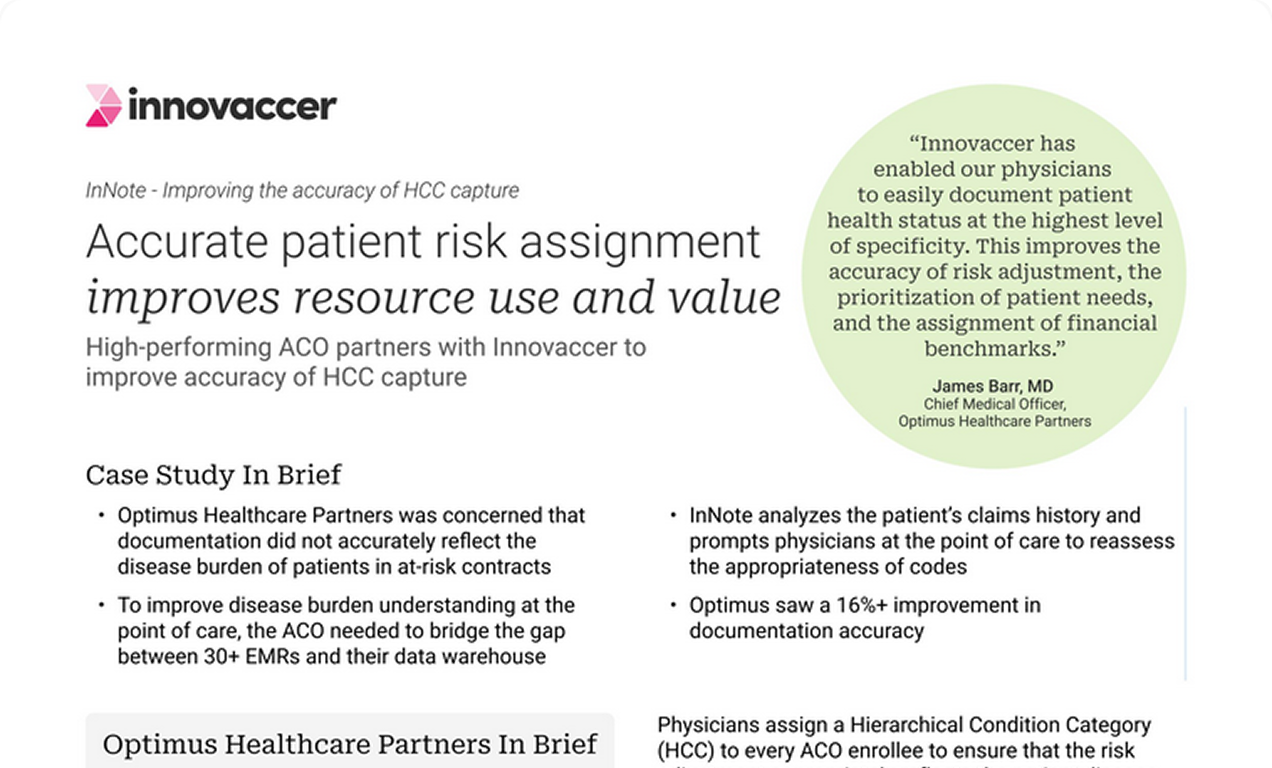How AI is Quietly Revolutionizing Revenue Cycle Management in Healthcare

Healthcare organizations in the US are at a critical juncture when it comes to revenue cycle management. As care delivery becomes more complex, traditional Revenue Cycle Management (RCM) processes are simply unable to keep up. With hospitals losing around $20 billion in claim denials annually, providers can no longer afford to rely on manual and error-prone RCM processes.
Artificial Intelligence is making significant strides in shaping RCM. According to a recent study, leveraging AI can enhance the efficiency of claim reviews and edits to reduce administrative costs by 8-30% and medical costs by 1.7%.
Automating RCM processes can save the healthcare industry $9.8 billion annually as per the Council for Affordable Quality Healthcare (CAQH). In this article, we'll explore how AI is shaping the future of revenue cycle management, addressing a critical need in healthcare to maximize hospital revenue while reducing operational costs.
Maximizing Revenue Recovery
The impact of AI in revenue cycle management goes far beyond basic automation. Let's look at three ways how AI is delivering measurable results:
- Smart Claims Management: Advanced AI algorithms analyze historical claims data to predict denials before submission. By examining coding patterns and payer requirements in real time, organizations have reduced initial denial rates. The system's ability to learn over time has also improved accuracy and saved millions.
- Intelligent Documentation and Coding: By reading and interpreting clinical notes in real-time, these smart systems flag potential documentation gaps and suggest appropriate codes before claims are submitted.
- Advanced Verification Systems: Unlike traditional automation that simply moves data, these intelligent solutions actively manage the entire insurance verification process. They continuously monitor coverage changes, validate benefits in real-time, identify authorization requirements, and alert staff to potential coverage issues before service delivery. This proactive approach prevents surprise denials and ensures clean claims from the beginning.
Driving Efficiency in Healthcare
Managing healthcare revenue cycles has become much easier with the arrival of AI. Some of the ways AI is driving real value in three key areas of healthcare are:
- Real-time Revenue Intelligence: These systems analyze payment patterns, predict cash flow fluctuations, and identify potential revenue leakage points instantly. Organizations are using these systems for eligibility and benefits verification, and patient payment estimation. By spotting trends and anomalies across thousands of transactions, healthcare organizations can now address issues before they impact the bottom line.
- Smart Financial Operations: These solutions take over the tedious parts of the revenue cycle, from posting payments and reconciling accounts to catching denials early. The system continuously learns payment patterns across different payers, helping predict and prevent potential delays.
- Enhanced Staff Productivity: The most significant impact is on healthcare teams. Instead of staff spending hours on administrative tasks, AI handles them. This has led to an improvement in administrative workflows. Thus, allowing healthcare professionals to focus on complex cases requiring human expertise, ultimately improving both financial outcomes and patient care quality.
The Future of Healthcare Revenue Cycle Management
AI is quietly but profoundly transforming revenue cycle management in healthcare, delivering measurable improvements in financial performance, operational efficiency, and patient engagement. As healthcare organizations continue to navigate the complexities of the industry, advanced RCM solutions are emerging as imperative tools to drive sustainable growth and better patient outcomes. By partnering with a trusted industry leader like Innovaccer, organizations can unlock unprecedented value.


.png)






.avif)









.svg)
.svg)

.svg)

